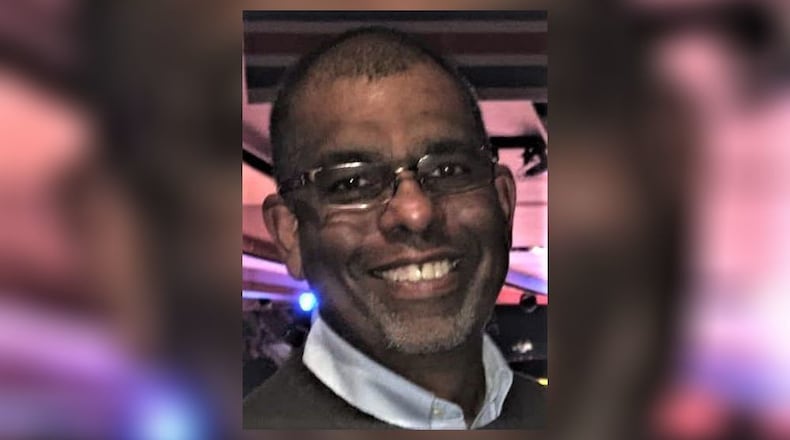Many stayed home.
Republican voters had the lowest voter turnout since 2012 and six percentage points less than in 2022, according to ABC News.
I found that interesting because just as liberal voters were passionate about passing Issue 1, conservative voters were just as passionate about blocking it. But it doesn’t appear that passion translated to the voting booth. I asked Lee Hannah at Wright State University to decipher what happened, and he had two interesting theories.
Trump didn’t campaign against Issue 1 — he sat this one out — so some of his core voters did, too. Secondly, GOP lawmakers are more conservative than many of their constituents on abortion and other issues, so those people stayed home, too.
“Trump still does bring people out like nobody else does,” Hannah, a political scientist and WSU colleague of mine, said. “I don’t even know if he put out a position or even a weak endorsement. There is a Trump effect if he’s kind of active. But he stayed out of this.”
It would have been difficult for Trump to come out against Issue 1 after he called state-level restrictions like Florida’s 6-week ban — similar to what Ohio lawmakers wanted — “terrible.”
Hannah also noted the disconnect between lawmakers and some of the people they represent.
“When it comes to abortion, Republicans in office hold pretty conservative views on that issue, and seem to be more conservative than their constituents,” Hannah said. “I think that’s because that’s what the primary electorate wants.”
But the primary electorate — whether it’s far-left progressives or more conservative voters — doesn’t mirror the general electorate with more moderates in all parties.
“Republicans used to (position) abortion and a commitment to overturning Roe as a winner for them,” Hannah said. “Now that they’ve done it, the policies that have come after have not been as popular as they thought it would be.”
Neither has the focus on another campaign tactic that appeals to a narrow voter segment — culture wars.
“In general, the culture war issues do not play that well,” he said. “Not as well as they think. And I think that the primary base and conservative media is sending an incorrect signal about what matters to people.”
The recent election should pose a wake-up call.
“The backlash to the August election, combined with what we saw on election night, Republicans should be more worried than they were before those two events. It would be a call to recalibrate and to be careful about (catering) to specific interest groups. That would be what I would tell them.”
How will this play out in future elections? Who knows. We often put too much stock in whether one set of events can predict future outcomes.
But the GOP would be wise to listen to Hannah’s theories because he’s one of the most insightful people you’ll hear.
If they don’t want to listen to him, listen to the voters who stayed home.
Ray Marcano’s column appears on these pages each Sunday. He can be reached at raymarcanoddn@gmail.com.
About the Author

